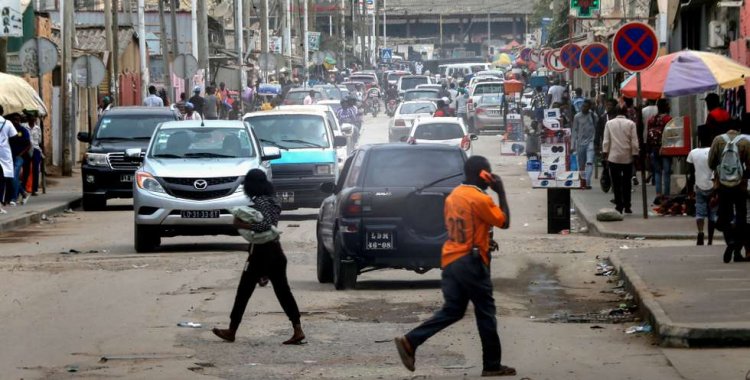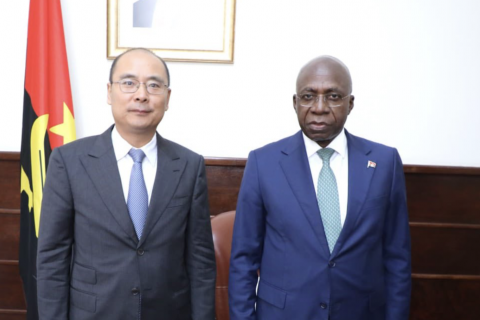In an analysis of the Angolan economy to which Lusa had access, researchers from the Center for Studies for Economic and Social Development in Africa (CEDESA) criticize the International Monetary Fund's operating models in Africa, highlighting that none of the institution's interventions in Angola "have been successful in changing the country's economic structure and helping to launch it on a path of development."
They also consider the IMF's most recent statement, which highlights the need for effective and real acceleration of economic reform, "an exercise in ambivalence" due to the contradictions.
In the statement, the IMF highlights positive aspects such as the recovery of the Angolan economy, estimated at a growth of 3.8 percent in the Gross Domestic Product (GDP), above previous projections, but is "frightened" by the slippage in public accounts and the delay in removing the fuel subsidy, high inflation and the burden of debt.
For CEDESA, the IMF has difficulty obtaining "a realistic view of the Angolan economy", questioning in particular the "obsession" with the fuel subsidy, the withdrawal of which will generate "even stronger inflationary pressures and possible social upheavals".
"In fact, Angola does not need less spending or austerity. On the contrary, it does need more effective spending," they argue, highlighting that "much of the spending is uncontrolled, its destination is unknown, and is the result of overbilling, corrupt schemes, and internal shady dealings."
Therefore, "much more than in the United States of America, it is in Angola that a program like that of Elon Musk and his DOGE (Department of Government Efficiency) would be essential with a view to reducing bureaucracy and optimizing Angola's public sector by cutting phantom and invented expenses and reformulating government agencies".
CEDESA also advocates the introduction of competition mechanisms in public procurement and renegotiation of external debt so as to "not continue paying billions in capital every year" with an impact on Angolan development.
"Paying the foreign debt under the terms in which it is being made is an obstacle to the country's growth," the researchers conclude.







